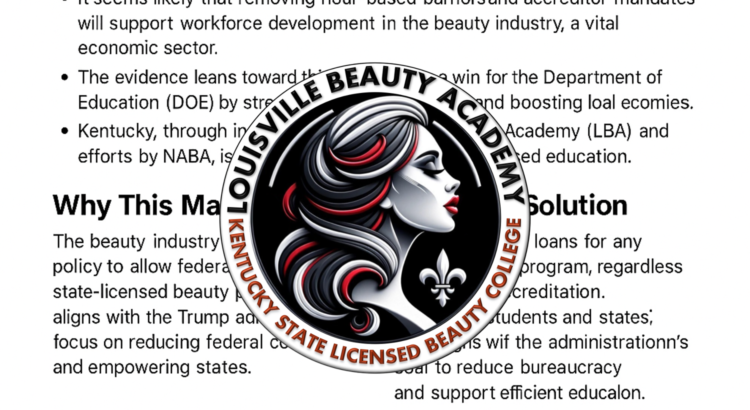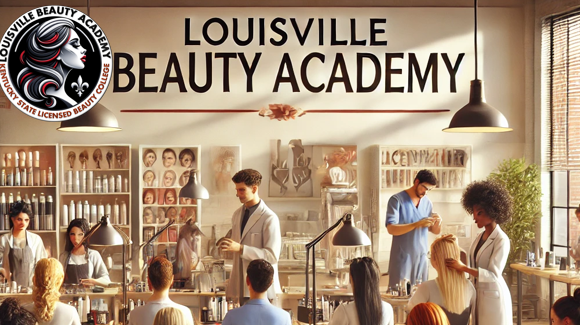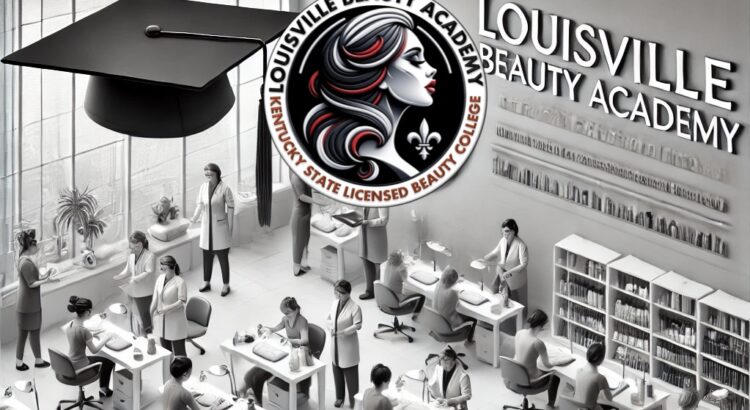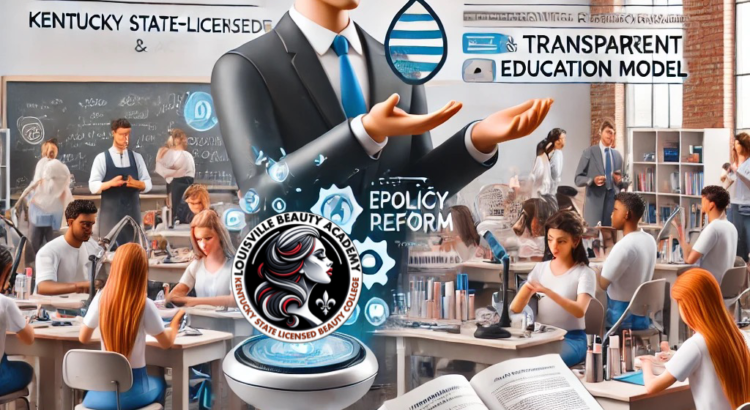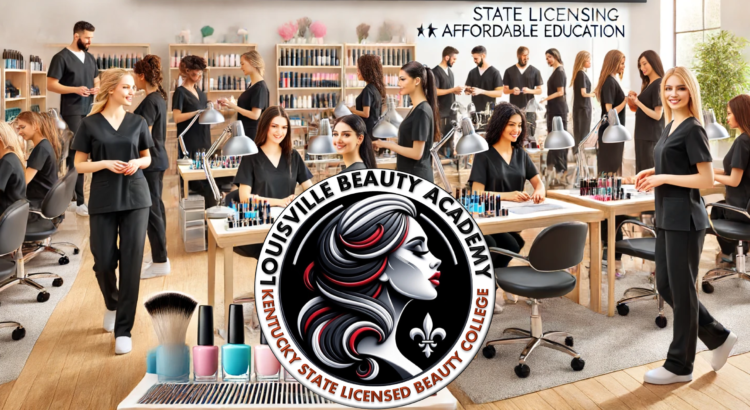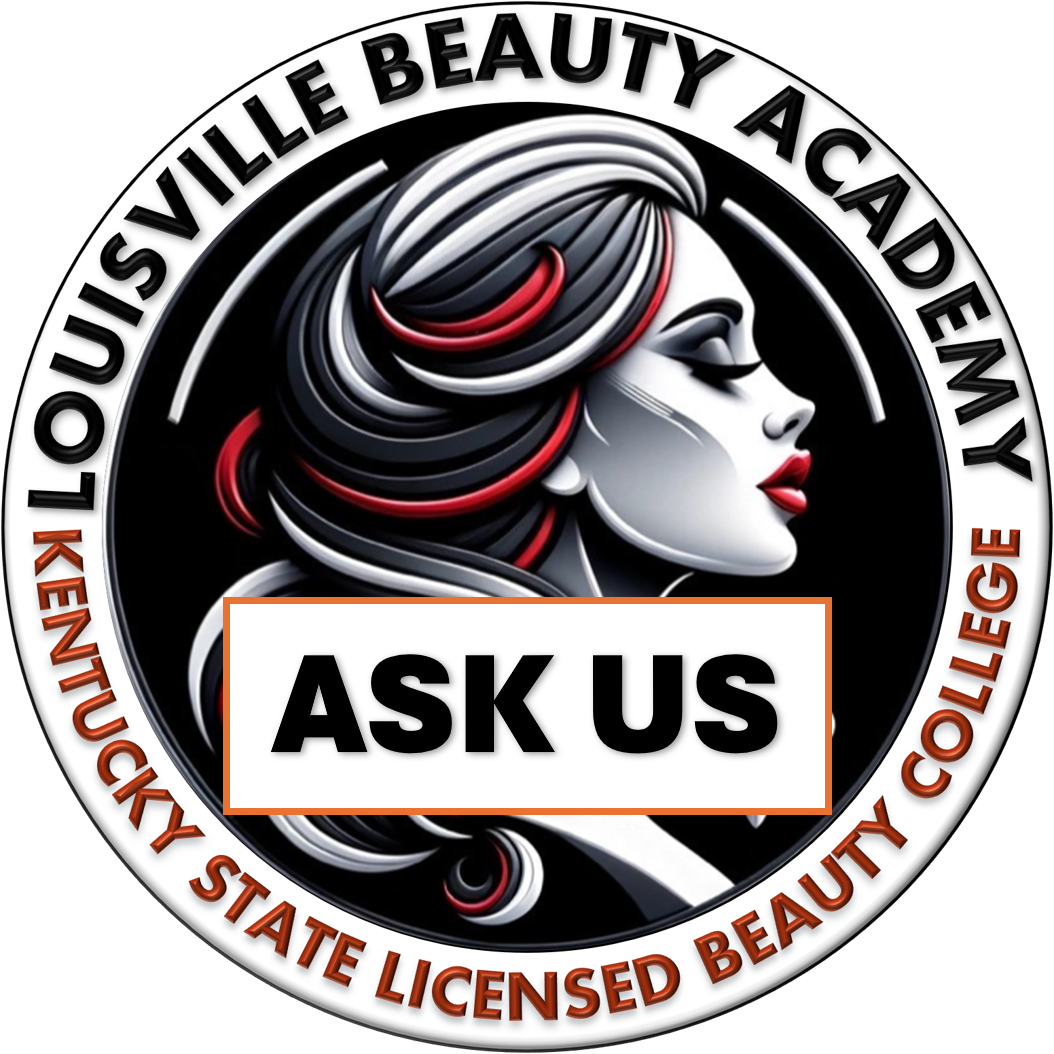Key Points
- Research suggests the proposed policy to allow federal loans for state-licensed beauty programs aligns with the Trump administration’s focus on reducing federal control and empowering states.
- Removing hour-based barriers and accreditor mandates will support workforce development in the beauty industry, a vital economic sector.
- The policy benefits the Department of Education (DOE) by streamlining aid distribution and boosting local economies.
- Kentucky, through institutions like Louisville Beauty Academy (LBA) and efforts by NABA, is leading in cost-effective, skill-focused education.
Why This Matters
The beauty industry is a cornerstone of the U.S. economy, contributing $308.7 billion to GDP in 2022 and supporting 4.6 million jobs (Personal Care Products Council). In Kentucky, over 2,120 cosmetologists, 160 manicurists, and 570 skincare specialists fuel local economies (Bureau of Labor Statistics). However, federal rules limit access to aid for many state-licensed programs, delaying workforce entry and increasing costs.
Proposed Solution
Allow federal loans for any state-licensed program, regardless of hours or accreditation. This empowers students and states, reduces bureaucracy, and aligns with DOE’s mission for efficient education. Kentucky’s LBA is a successful example, offering affordable, fast-track programs that lead to immediate employment.
Benefits for All
This policy reduces federal oversight, trusts state licensing, and meets workforce demands, especially in high-growth fields like skincare. It is a low-risk, high-reward model that ensures quality through state regulation.
Detailed Policy Analysis and Alignment
Overview
This analysis evaluates a policy to allow federal student loans for all state-licensed beauty programs, removing hour-based barriers and accreditor mandates. The proposal, championed by the New American Business Association Inc. (NABA), aligns with the Trump administration’s education and workforce priorities and positions DOE as a reform leader. Kentucky, via LBA and NABA, is a national model in delivering efficient, workforce-ready education.
The Beauty Industry’s Economic and Social Significance
The U.S. beauty industry contributes $308.7 billion to GDP (2022) and supports 4.6 million jobs. Global retail sales hit $446 billion in 2023, expected to reach $580 billion by 2027 (McKinsey). In Kentucky, the sector employs:
- 2,120 cosmetologists and hairdressers
- 160 manicurists
- 570 estheticians
Median wages range from $14.63 to $21.72/hour (Bureau of Labor Statistics). The industry is highly resilient, inclusive (79.3% women, 33% people of color), and poised for continued growth.
Barriers in Federal Financial Aid
Federal aid restrictions create the following problems:
- Hour-Based Rules: Programs under 600 hours (like Kentucky’s 450-hour Nail Technology) are excluded.
- Accreditor Mandates: Even state-regulated programs are disqualified if not federally accredited, despite rigorous oversight.
These restrictions:
- Delay student graduation
- Force unnecessary cost inflation
- Prevent students from entering the workforce quickly
Proposed Policy
NABA proposes allowing federal loans for any state-licensed program, regardless of hour count or accreditor status. The core principles include:
- State Licensing as the Benchmark
- Empowered Student Choice
- Workforce-Driven Access
Alignment with Trump Administration Priorities
The administration has taken several actions that support this policy:
- DOE Dismantling: Executive order (March 20, 2025) prioritizes state-led education.
- Accreditor Reform: April 2025 order criticizes accreditors as barriers.
- Workforce Emphasis: Republican plans support vocational training, including Pell Grants for short programs.
This policy advances all three goals.
Kentucky’s Leadership: LBA and NABA
Louisville Beauty Academy (LBA) is:
- Kentucky State-Licensed and State-Accredited
- Tuition 50–75% lower than federally funded schools
- Debt-free with weekly or daily graduations
- Transparent, flexible, and student-driven
LBA offers Nail Tech (450 hrs), Esthetics (750 hrs), Shampoo Styling (300 hrs), and Cosmetology (1,500 hrs) — all aimed at licensing, not just certificates. With support from employers, families, and internal scholarships, LBA delivers guaranteed results through a multi-stakeholder model.
Benefits for the DOE
- Streamlined Administration
- Lower Cost with Higher Outcome
- Support for Industry-Aligned Training
The policy aligns education funding with workforce results — a major win for efficiency and public trust.
Employment and Economic Impact (KY, 2023)
| Occupation | Employment | Median Wage | Annual Mean Wage |
|---|---|---|---|
| Hairdressers/Cosmetologists | 2,120 | $14.63 | $48,700 |
| Manicurists/Pedicurists | 160 | $17.01 | $42,330 |
| Skincare Specialists | 570 | $21.72 | $55,060 |
Source: Bureau of Labor Statistics
The BLS projects a 7% growth in cosmetology nationwide through 2033 with 89,100 job openings annually.
Implementation Considerations
- Loan Oversight: The Small Business Administration may assume loan administration post-DOE.
- Aid Limits: Republican proposals may cap borrowing but support short-term vocational training.
Despite these uncertainties, the policy’s outcomes-focused design ensures resilience.
Conclusion
This proposal supports economic recovery, job creation, and student empowerment by removing unjust barriers to aid. Louisville Beauty Academy is a working proof of success, demonstrating how licensing-focused, state-approved education can deliver better outcomes faster and cheaper than traditional pathways. Let’s put trust — and funding — in the hands of the people who bear the cost: students and families.
